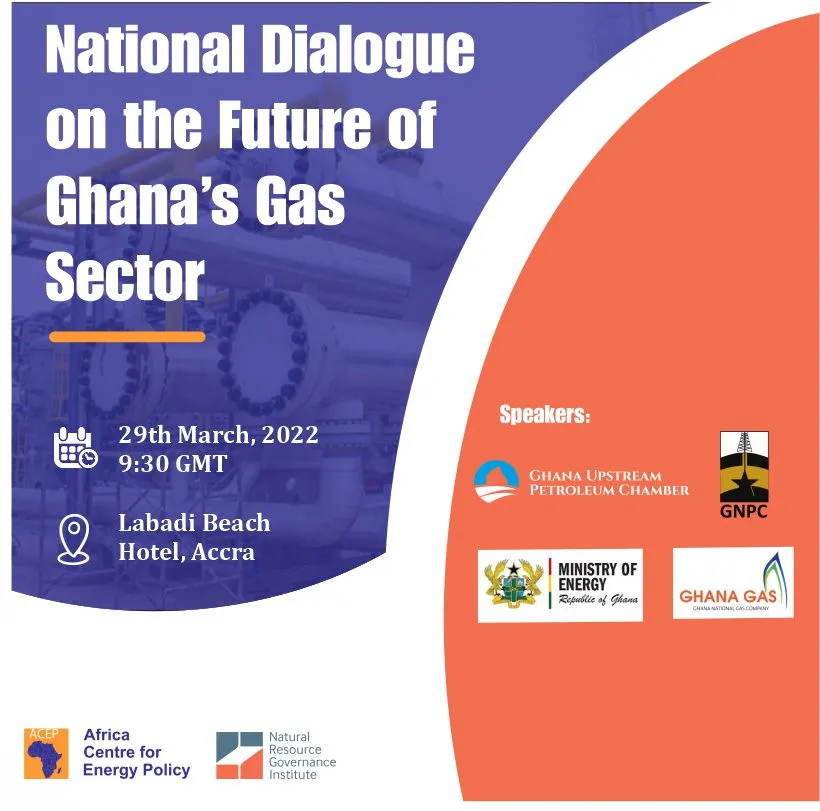

Natural gas has become an important fuel source for power generation and some industrial activity in Ghana. In the past decade, Ghana has converted all but one of its thermal generation plants from expensive and heavy-polluting liquid fuels to natural gas, which is considered as a transition fuel. The switch to gas has been occasioned by a set of actions, albeit delayed, to optimize domestic gas from the Sankofa Gye-Nyame field including reverse flow of gas from the West to the Eastern power corridor of the country and accompanying infrastructure development. The relative stability of gas supply from Nigeria has also provided a supply buffer in recent times.
In the short term, the gas supply outlook for the country remains stable with demand currently below supply from the existing sources, i.e., Jubilee and TEN fields, Sankofa Gye-Nyame field and Nigeria gas. Additionally, Ghana has committed to Liquified Natural Gas (LNG) supply to complement the existing sources.
In a recent stakeholder’s consultation on energy transition by the newly constituted national energy transition committee led by the Ministry of Energy, the need for the gas sector to play a pivotal role in the transition to net zero was strongly advocated by government. Based on this, it is expected that the National Energy Transition Strategy will reflect much more rigorously the challenges and opportunities currently faced in the gas sector. Two major challenges will need to be addressed:
These challenges will have to be resolved to ensure a robust gas market that optimizes investment in the gas sector. Already, the free 200 bcf foundation gas from jubilee which could be exhausted by 2023 has been sucked into the inefficiencies in the current market. This implies that if the market challenges
remain unresolved, a heavy fiscal burden will be placed on the state when subsequent gas from the Jubilee field must be paid for. The market condition also has implications for investment attraction. Also, there is the need to enforce contracts to ensure the growth and replacement of domestic gas reserves.
The strategy to resolve these challenges should underpin Ghana’s aspirations for gas to play a pivotal role in its energy transition and net-zero strategy. Resolving the challenges would help Ghana to optimize the gas sector and tap into the opportunities it provides for industrialization and economic growth.
It is on the back of the enormous mix of potentials and challenges within the gas sector that the Natural Resource Governance Institute and Africa Centre for Energy Policy (ACEP) are organizing a national dialogue on the future of the gas sector in the changing energy and economic landscape of Ghana.
Objectives
The dialogue seeks to promote a shared understanding of the sector to:

